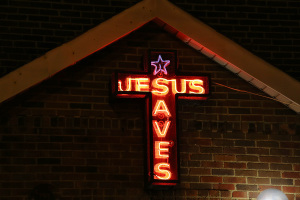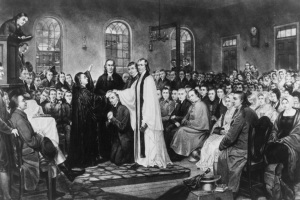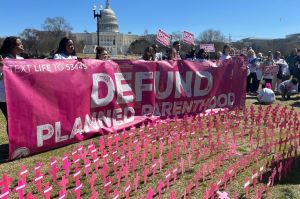ACLU, LGBT Groups Sue North Carolina Over Transgender Bathroom Ordinance Ban
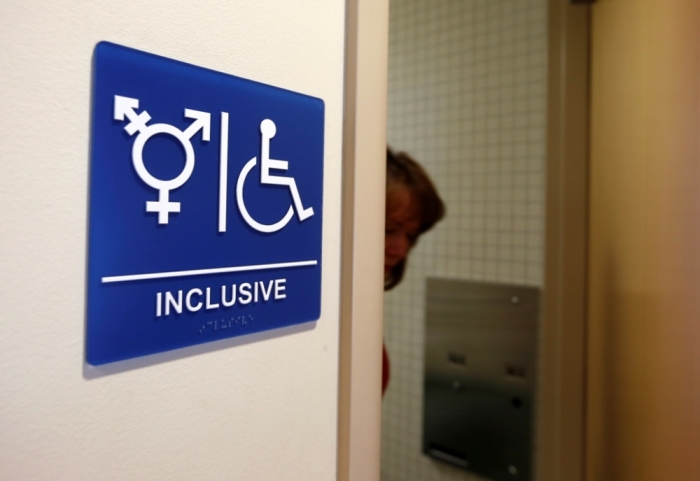
The American Civil Liberties Union and LGBT advocacy groups filed a lawsuit against North Carolina over the state's recently passed ban on transgender bathroom ordinances.
Joined by Lambda Legal and Equality North Carolina, the ACLU suit was filed Monday in the United States District Court for the Middle District of North Carolina.
"This lawsuit challenges a sweeping North Carolina law, House Bill 2 ('H.B. 2'), which bans transgender people from accessing restrooms and other facilities consistent with their gender identity and blocks local governments from protecting lesbian, gay, bisexual, and transgender ('LGBT') people against discrimination in a wide variety of settings," reads the suit's introduction.
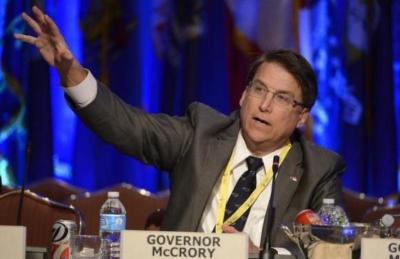
"By singling out LGBT people for disfavored treatment and explicitly writing discrimination against transgender people into state law, H.B. 2 violates the most basic guarantees of equal treatment and the U.S. Constitution."
Chris Brook, legal director of the ACLU of North Carolina, said in a statement released Monday that the new law was an "extreme and discriminatory measure" that needed to be challenged.
"This cruel, insulting, and unconstitutional law is an attack on fairness in employment, education, and local governance that encourages discrimination against thousands of LGBT people," stated Brook.
"[The law] particularly targets transgender men and women. HB 2 aims to override local school board policies, local public accommodations laws, and more."
In February, Charlotte's City Council voted 7-4 to pass a controversial ordinance that extended their antidiscrimination ordinance to include sexual orientation and gender identity.
"The ordinance applies to places of public accommodation, such as bars, restaurants and stores. It also applies to taxis," reported the Charlotte Observer in February.
"The most controversial part of the ordinance would allow transgender residents to use either a men's or women's bathroom, depending on the gender with which they identify."
Passage of the ordinance prompted a response from the state's legislature, which introduced House Bill 2, titled the "Public Facilities Privacy & Security Act."
Debated during a special session of the General Assembly, HB 2 was passed overwhelmingly in both houses and signed into law by Governor Pat McCrory.
North Carolina House Speaker Tim Moore stated that HB 2 was centered on the concerns many held about how privacy would be affected by ordinances like Charlotte's.
"The way the ordinance was written by City Council in Charlotte, it would have allowed a man to go into a bathroom, locker or any changing facility, where women are — even if he was a man," stated Moore.
"We were concerned. Obviously there is the security risk of a sexual predator, but there is the issue of privacy."
















